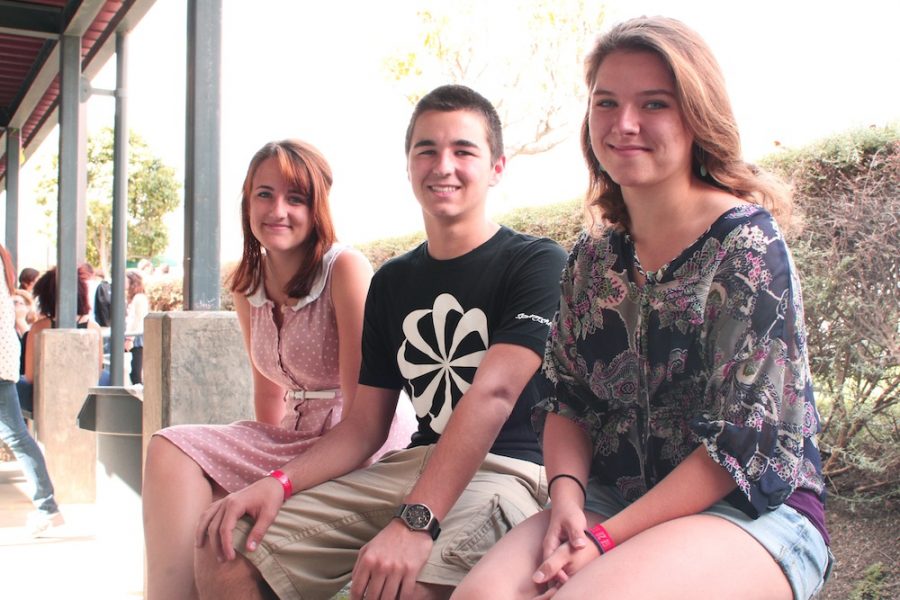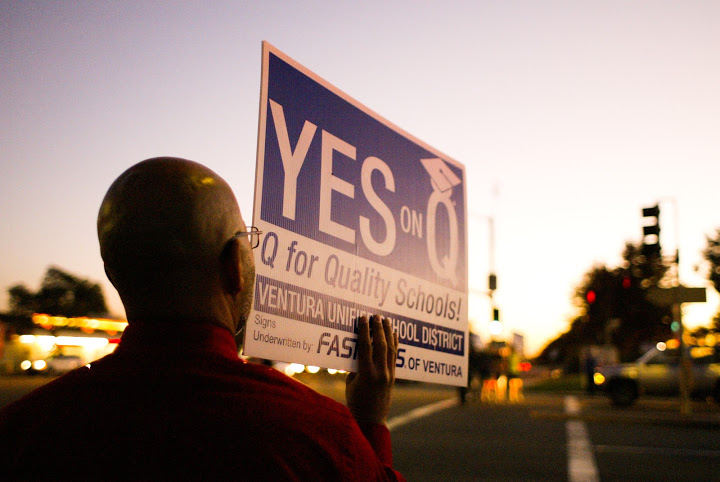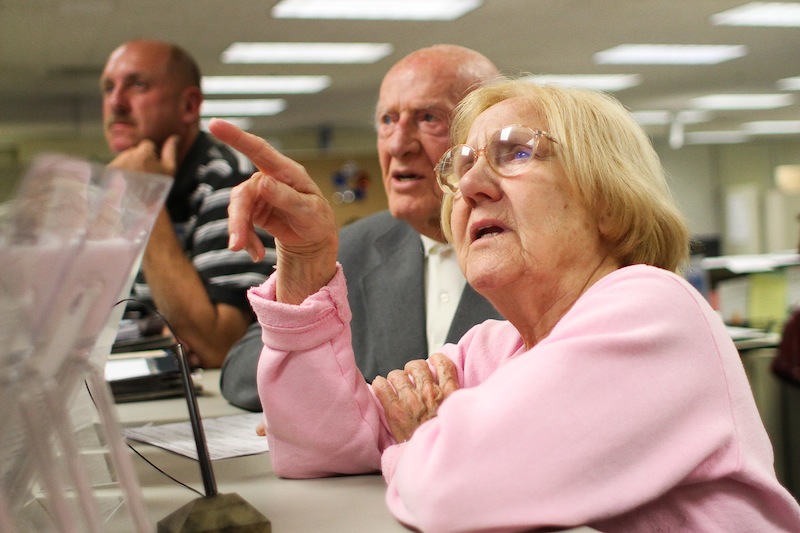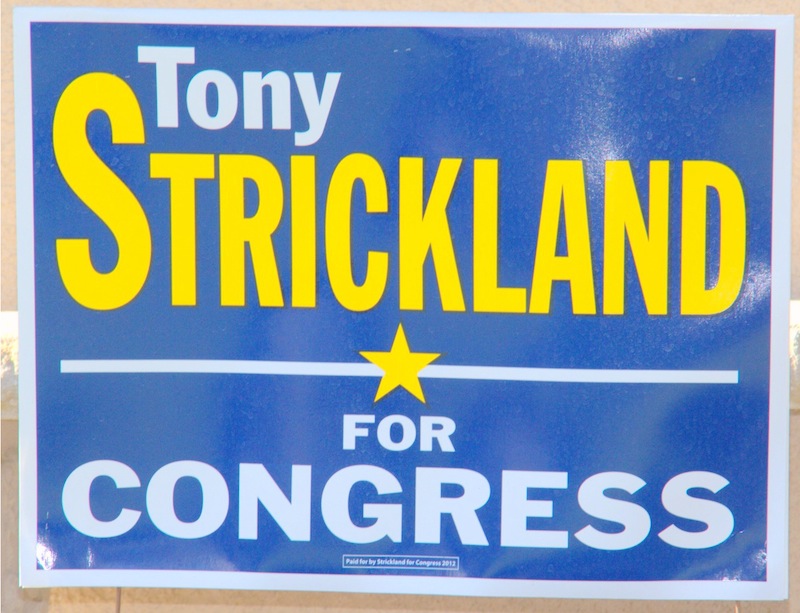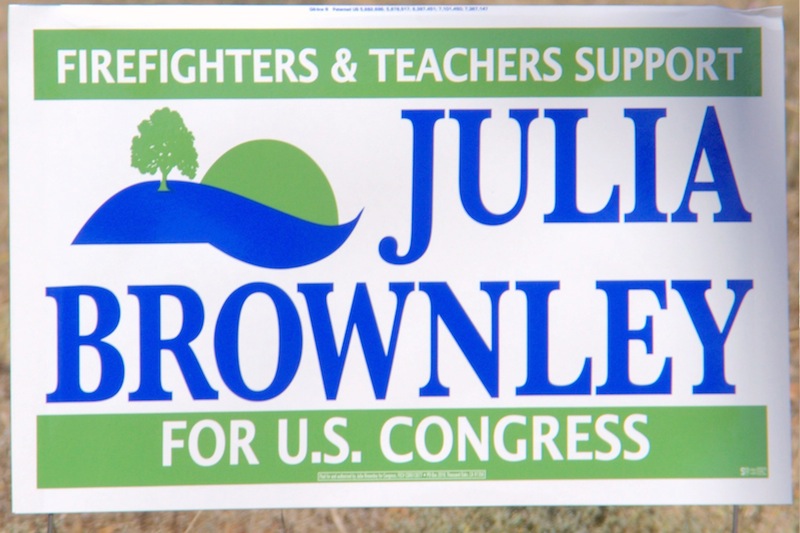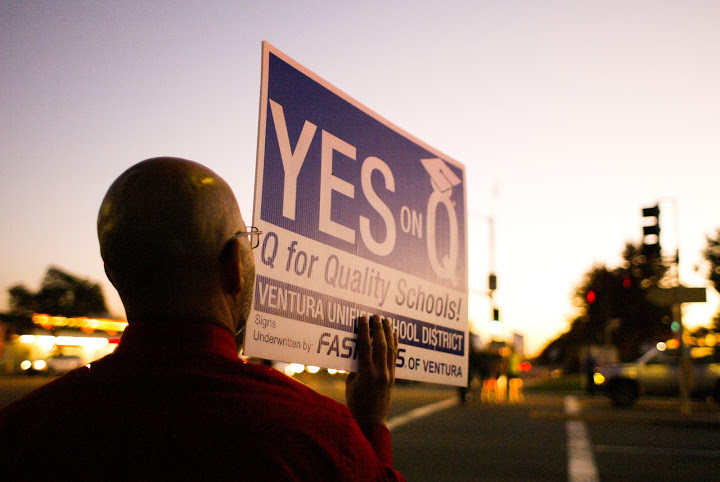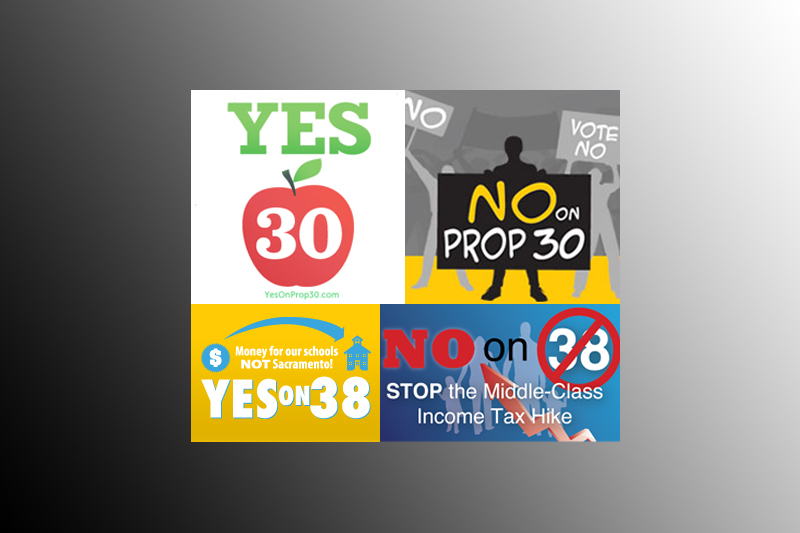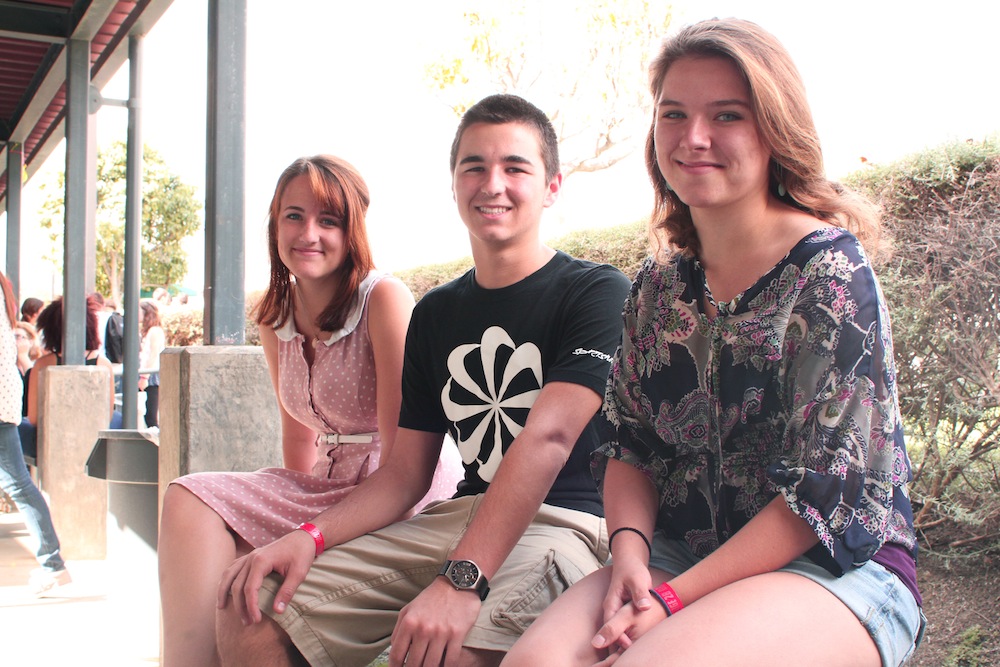
There’s no shortage of opinions across the nation regarding the presidential elections and Foothill is no exception to that. Freshman Sachi Tan said she’s for Obama and doesn’t like Romney; she’s pro-choice even though her church is pro-life; she has opinions.
But when asked if her voice counted, she said, “I don’t really think it matters. No one really asks me.”
Though students may feel they’re not often given the opportunity to express their political opinions, many still have passionate views that are as powerful as any adult’s opinion.
“I’m pro-choice because a woman’s body is her own choice,” said junior Ami Ballmer. “A zygote doesn’t have the same rights as a human being.” She also said she wished the significant problems in the prison system were being addressed by politicians. {sidebar id=62}
According to a 2010 survey conducted by the Pew Research Center, more than half of registered voters under the age of 31 are Democrats, or lean towards Democrat. But about 40 percent of registered voters are solidly Republican, or lean towards Republican. Beliefs of the student population at Foothill seem to reflect this.
“I believe that marriage is between one man and one woman,” said junior Angela King, who explained that though she disagrees with some choices of gay, lesbian, transgender, or bisexual people, she has no prejudice against them.
Gay marriage is one of many big issues that students have strong and sometimes conflicting opinions about.
Junior Josh Ward disagreed with King, saying, “All gay couples should have the right to get married on a federal level.”
Reflecting the other side of the abortion issue is sophomore Shelly Boyd who is pro-life. She said she believes people will think more before having sex because they won’t be able to get an abortion to deal with an unplanned pregnancy. However, Boyd supports exceptions in the case of rape, incest, or endangerment of the mother’s life.
Students have strong opinions on many issues, some of which they believe are not being given enough attention by politicians or the media.
Various laws surrounding the voting process is one of these issues for freshman Matt De Santi.
“Not everyone should have the right to vote,” he said. “First, understand the knowledge that goes behind it. An intelligence test should be required. I also think showing an I.D. should be required. There shouldn’t be multiple languages on the ballot, either.”
For junior Travis Holmes there is not enough focus on foreign policy.
“Everyone is so focused on domestic issues, they’re not seeing Romney’s foreign policy track record,” he said.
Holmes said that this track record contributes to his support for President Barack Obama.
Issues that are important to students, whether they are discussed enough or not, often determine which candidate students support.
“If you want a president that will focus on social issues, then Obama is your candidate,” said junior Carson Graves. “But if you want a president that will focus on economic issues, then you should vote for Romney.”
Though she said she doesn’t know much about the political campaign, junior Domenica Stoll said neither candidate is a good choice, but she does support Romney.
Several Foothill students said they don’t particularly like either candidate, so they support the person they dislike the least.
“Romney doesn’t help the poor, but Obama goes against my morals,” she said. “Obama takes away my freedom of religion. He doesn’t allow Catholic hospitals to practice their beliefs. He makes them go against their morals and administer abortions and offer contraceptives.”
Several Foothill students said they don’t particularly like either candidate, so they support the person they dislike the least.
“[Both candidates] suck,” said junior Ian Beamer. “Either way, they’re both picking up trash Bush left behind and trying to throw it away.”
Like the rest of the nation, not all Foothill students have passionate regarding politics. Sophomore Jocelyn Carroll said politics are “stupid.” She is frustrated by politicians’ accusations, lack of explanations, and lack of good points.
Just 21 percent of people eligible to vote between the ages of 18-29 actually vote, according to the United States Census Bureau. This percentage steadily increases with voters’ age. But when young people do decide to be informed and formulate political opinions, many find their information online.
Pew Research Center found in a 2008 survey that 42 percent of people ages 18-29 said they regularly learn about political campaigns from the Internet.
Freshman William Kempema said he learns most of his political information from the YouTube news series SourceFed. The site features daily stories about major news items.
Students named YouTube star Philip DeFranco, Comedy Central personalities Jon Stewart and Steven Colbert, television news networks CNN and Fox News, and The New York Times as additional sources of their political information.
Parents and family values also contributed to students’ opinions, though those opinions sometimes differed.
“Equal rights are very important to me,” said junior Janine Raduechel. “I come from a very right-wing, Republican family but it comes down to what I think is right. Even coming from a Christian household, I still have my own beliefs.”
Students are forming their own, independent opinions, whether they are asked to voice them or not, in preparation for when they will be able to vote and have a say in the outcome of elections.
“We don’t have a chance to get heard,” said sophomore Carlos Cohen. “But we should formulate opinions for when we do get to vote.”
Editor’s Note: As part of a collaborative project with other high school journalism programs, this article was prepared by Dragon Press staff for the Ventura County Star to use in its special high school election package October 28, 2012.


